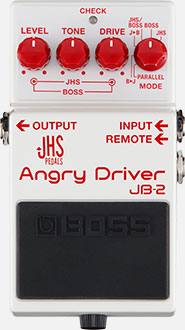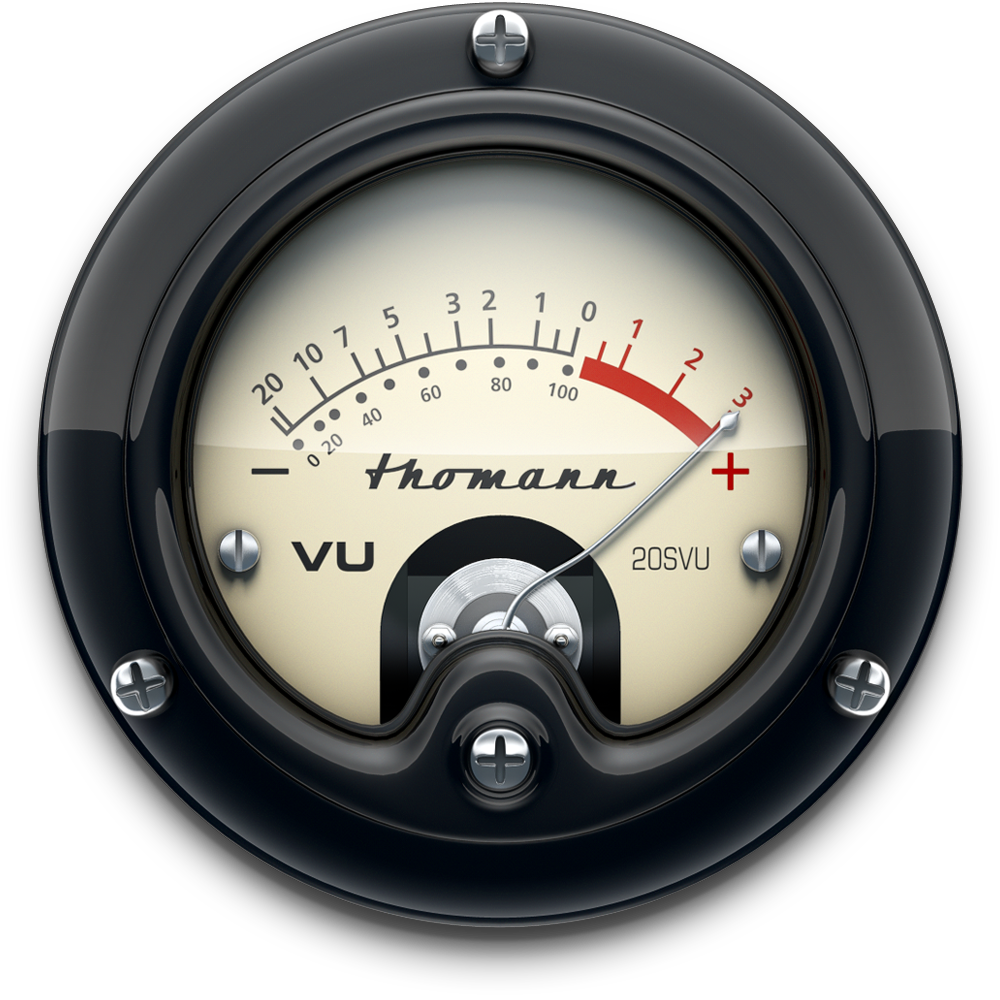eh là bas ma
Well-known member
If I understood correctly, Lizard queen is based on two circuits, already available in the diy community : Tim Escobedo's push me pull you, and Bazz Fuss.
I wonder if there are other exemples of diy circuits turned into "boutique stompboxes" at JHS ?
And if there are, what are they ? I think it would be helpful to make a list, so we can get a better understanding of JHS circuits.
So far, I know Morning Glory is a Blues Breaker clone with an extra gain stage.
I think Angry Charles is based on MI Audio Crunch box (designed in 2003, released in 2006) ?
Packrat is a rat.
Bonsai is a modded Tubescreamer.
Muffuletta is a modded Big Muff, supposed to emulate every Big Muff variants.
JHS Overdrive Preamp is a clone of DOD250.
Cheese Ball is a clone of Lovetone Big Cheese
Moonshine is a tubescreamer : https://www.freestompboxes.org/viewtopic.php?p=262125&hilit=moonshine#p262125
Anything else ?
I wonder if there are other exemples of diy circuits turned into "boutique stompboxes" at JHS ?
And if there are, what are they ? I think it would be helpful to make a list, so we can get a better understanding of JHS circuits.
So far, I know Morning Glory is a Blues Breaker clone with an extra gain stage.
I think Angry Charles is based on MI Audio Crunch box (designed in 2003, released in 2006) ?
Packrat is a rat.
Bonsai is a modded Tubescreamer.
Muffuletta is a modded Big Muff, supposed to emulate every Big Muff variants.
JHS Overdrive Preamp is a clone of DOD250.
Cheese Ball is a clone of Lovetone Big Cheese
Moonshine is a tubescreamer : https://www.freestompboxes.org/viewtopic.php?p=262125&hilit=moonshine#p262125
Anything else ?
Last edited:






